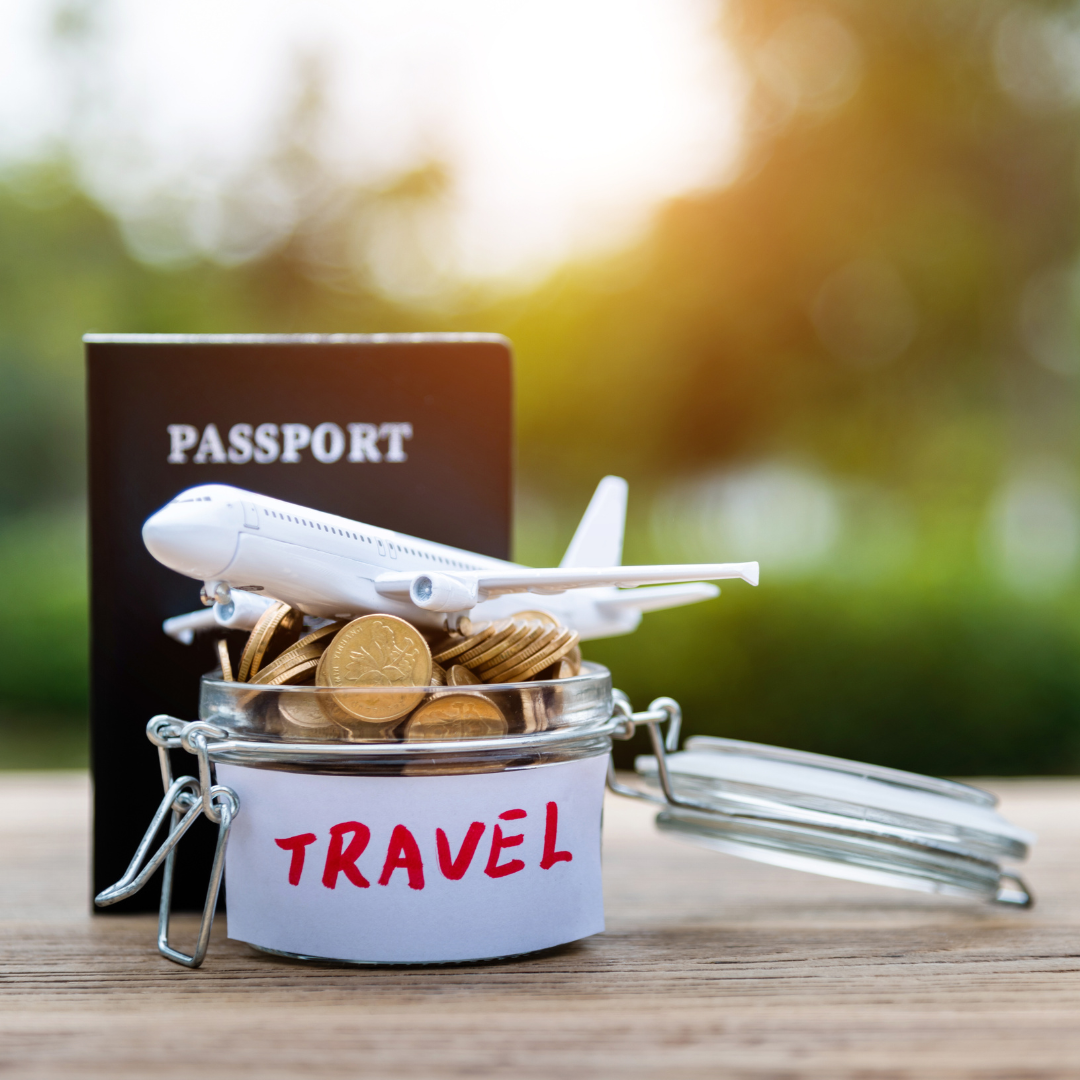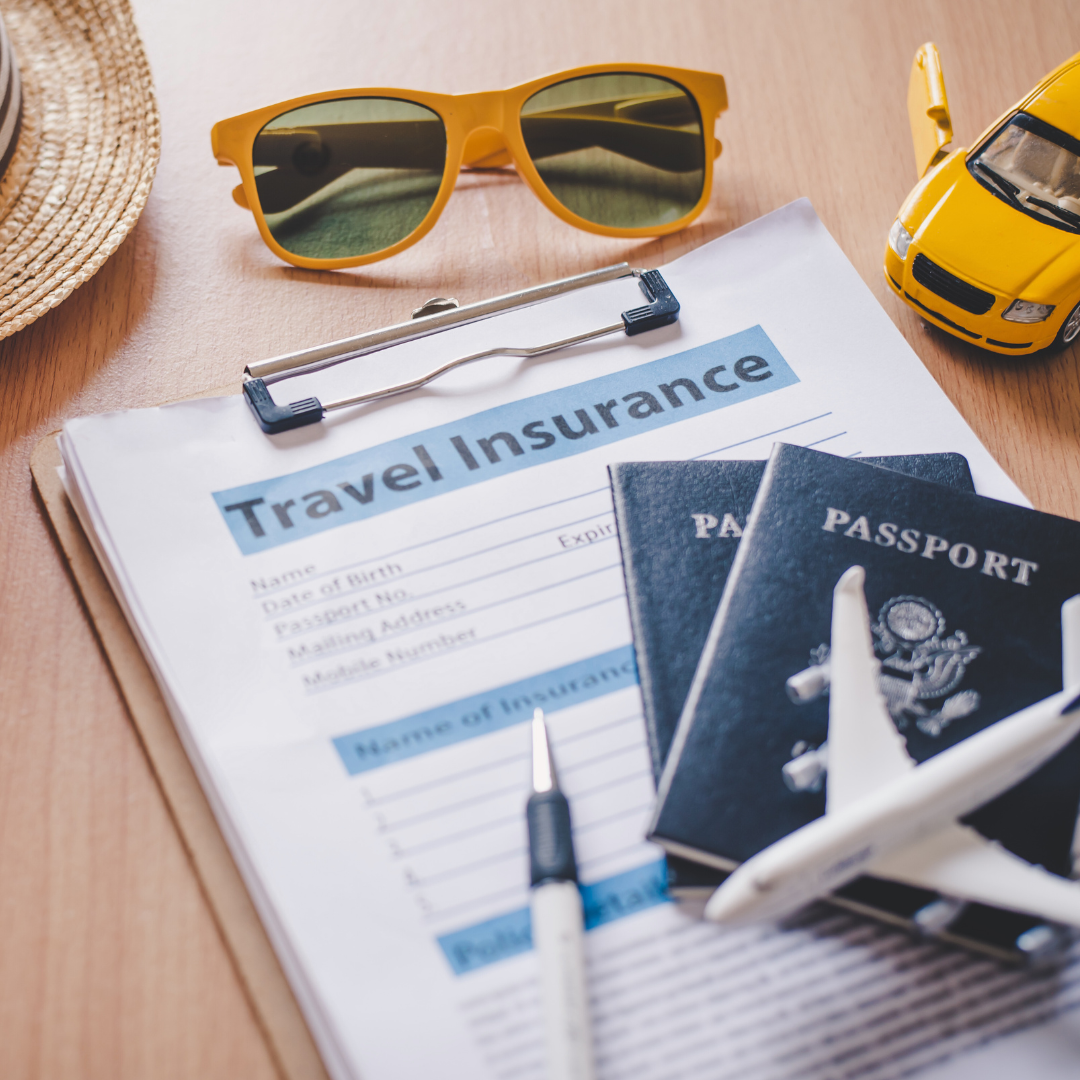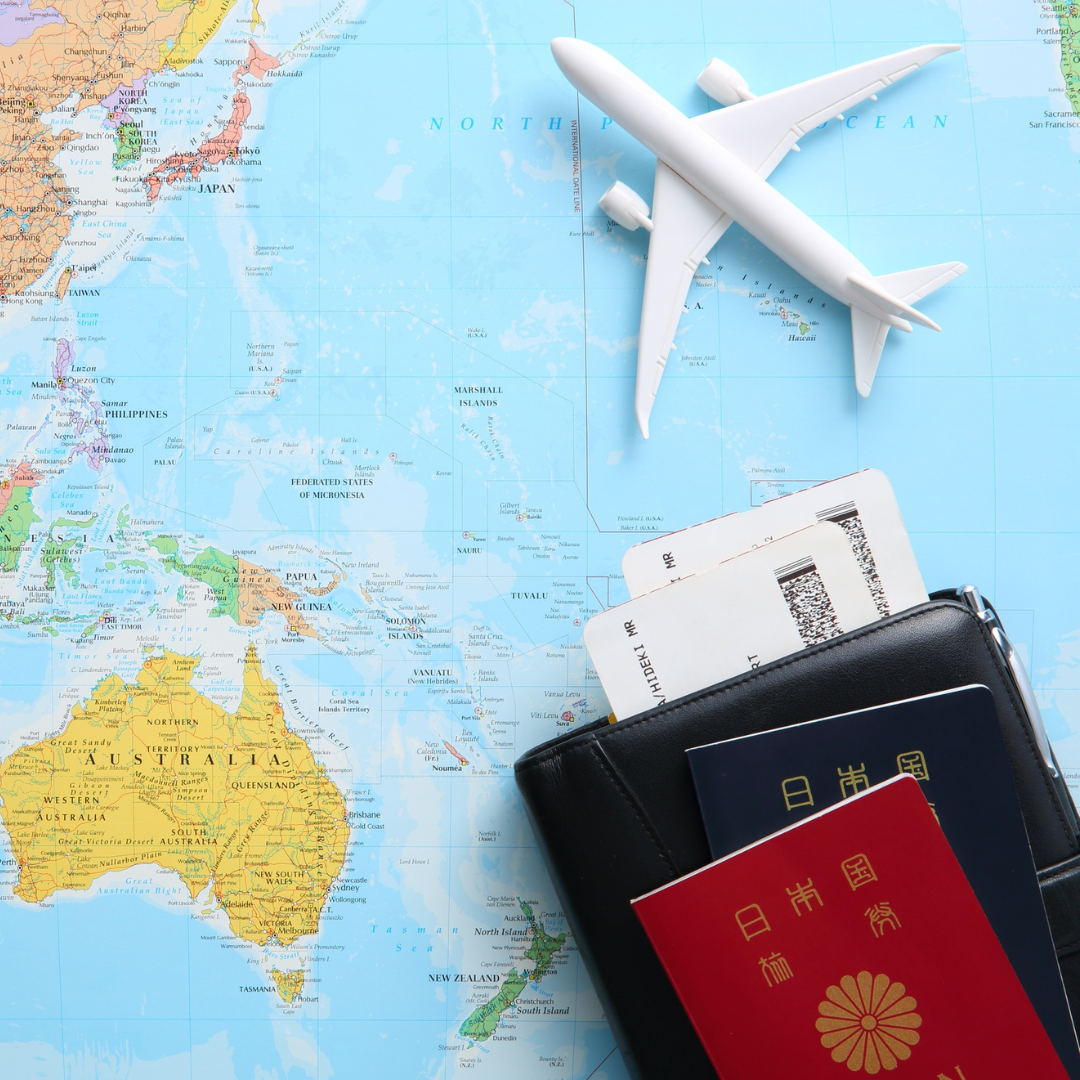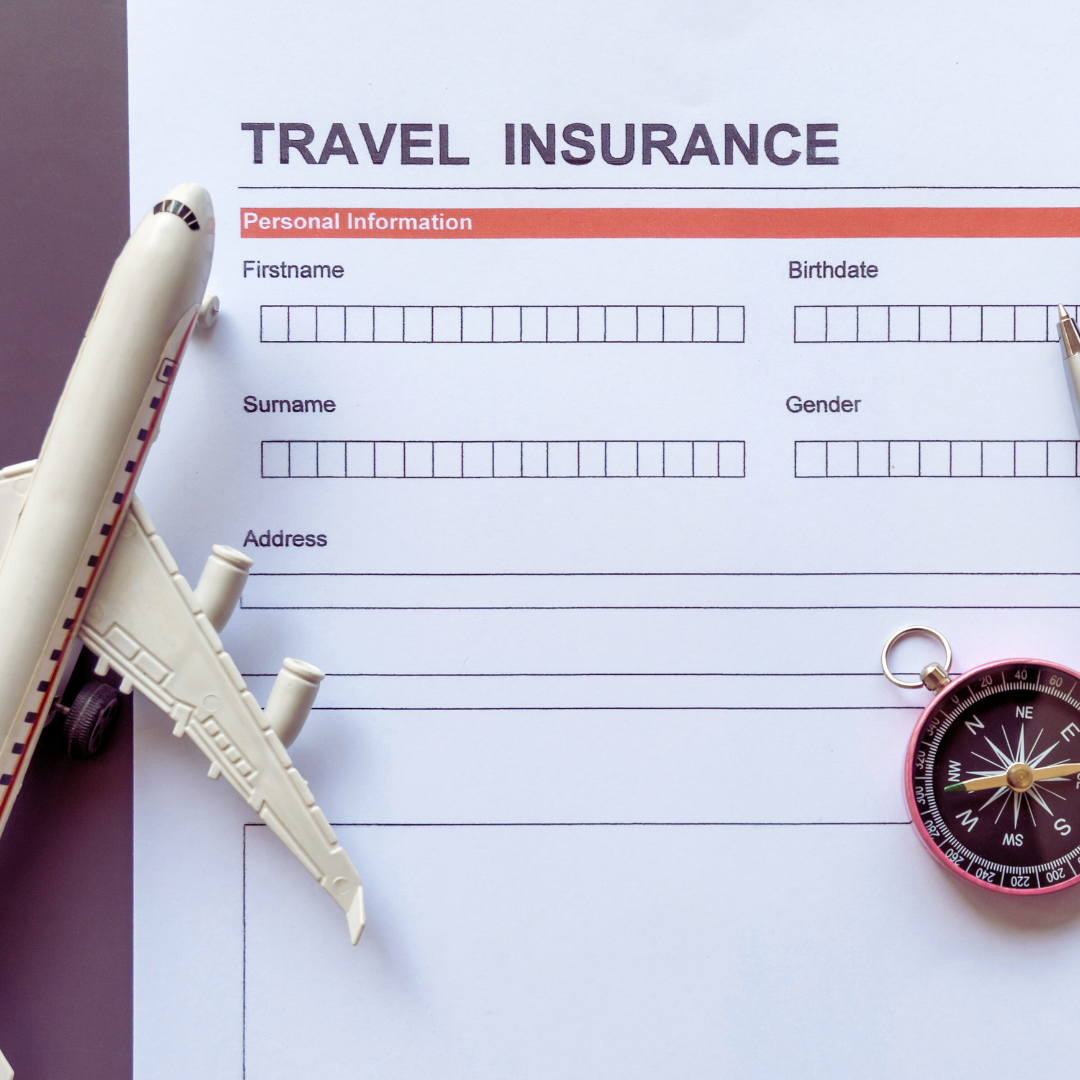
Tips for Saving Money on Flights: Essential Strategies for Budget Travel
Finding ways to save money on flights can significantly enhance travel experiences without straining finances. Utilising flexible travel dates, booking in advance, and taking advantage of fare alerts are effective strategies for reducing flight costs. These practical tips can empower travellers to secure the best deals available, ensuring they get more value for their money.
Many people underestimate the importance of comparison websites and apps that aggregate flight prices. They can highlight significant savings across different airlines and booking platforms. By exploring these tools and being aware of peak travel times, individuals can make informed decisions and potentially save hundreds on their next journey.
In addition, considering alternative airports and off-peak travel can lead to lower fares. By being open to different routes and schedules, travellers often increase their options and uncover financial benefits that could enhance their overall trip. Exploring these strategies can turn an ordinary trip into an affordable adventure.
Mastering the Art of Finding Affordable Flights
Finding affordable flights requires strategic planning and awareness of available tools. Key techniques include leveraging fare alerts, making use of budget airlines, and considering alternative airports for travel.
Leverage Fare Alerts
Setting up fare alerts can significantly assist in discovering affordable flights. Websites and apps like Skyscanner, Hopper, and Google Flights allow travellers to monitor flight prices for specific routes. By registering for alerts, they receive notifications when prices drop, ensuring they can snag the best deals promptly.
Creating customised alerts based on travel dates or flexible schedules is a proactive approach. Many users benefit from tracking flights over time, gaining insights into price trends. Knowing when to book can lead to significant savings, making fare alerts an essential tool for smart travel planning.
Use Budget Airlines Wisely
Budget airlines often provide lower fares compared to traditional carriers. They offer basic flight options, meaning passengers should anticipate additional fees for services like checked luggage, seat selection, and onboard refreshments. Understanding the total cost of the flight, including these extras, can prevent unpleasant surprises.
When utilising budget airlines, early bookings often yield better prices. It’s wise to remain flexible with travel dates, as prices may vary significantly. Some budget airlines operate less popular routes, which can lead to more affordable options if travellers are willing to explore.
Strategically Choose Alternative Airports
Flying into or out of alternative airports can lead to considerable savings. Larger cities typically feature several airports, often with varying fare structures. Travellers should research nearby airports to determine potential savings on flights.
While alternative airports may be further from the city centre, the cost savings on airfare can compensate for additional travel expenses. Checking transport options from these airports helps gauge the overall cost-effectiveness of the flight choice. Taking this strategic approach can enhance the affordability of travel significantly.
Optimal Booking Strategies for Maximum Savings
Careful planning and timing can yield significant savings on flights. Understanding when to book and being flexible with dates and destinations are key strategies. Additionally, leveraging travel rewards can further enhance savings.
Time Your Purchase for the Best Deals
Booking at the right time is crucial. Research indicates that purchasing domestic flights about 1 to 3 months in advance can provide the best rates. For international travel, aim for 2 to 8 months ahead.
It can also be beneficial to monitor flight patterns. Prices often dip on Tuesdays and Wednesdays. Using fare comparison websites allows travellers to track fluctuations and identify the sweet spot for booking. Setting price alerts can help in receiving notifications for significant price drops.
Consider Flexible Dates and Destinations
Flexibility can lead to better deals on flight prices. By shifting travel dates by a few days, significant discounts may be available. Midweek flights typically cost less than weekend departures.
Considering alternate airports may present significant savings as well. For instance, flying into smaller airports near the intended destination often results in lower ticket prices. Using flexible search options on flight booking platforms allows travellers to explore various destinations and date ranges for optimal savings.
Maximise Travel Rewards and Loyalty Programmes
Joining loyalty programmes can maximise savings on flights. Frequent flyers can earn points that translate into future discounts or even free tickets. Major airlines often offer tier levels with increasing benefits.
Credit card companies may also offer travel rewards that can be beneficial. Many cards provide points for travel-related purchases. Additionally, some airline partnerships allow points to be transferred or used interchangeably, broadening options for savings on flights. Regularly checking for promotional offers can help in making the most of these programmes.
Smart Ways to Cut Additional Travel Costs
Minimising additional travel costs enhances the overall value of any trip. Focusing on packing strategies, accommodation choices, transport options, and local food can lead to significant savings.
Travel Light to Avoid Baggage Fees
Packing efficiently can save a traveller money by eliminating baggage fees. Airlines often charge substantial fees for checked luggage, which can be avoided by following these tips:
- Use a carry-on: Most airlines allow one free carry-on bag. Selecting versatile clothing that can be layered and mixed, and matched helps reduce the need for extra items.
- Check weight limits: Weighing luggage before heading to the airport can prevent unexpected charges.
- Pack essentials: Include only essential items that add value, such as travel-size toiletries and a refillable water bottle.
By packing light, travellers can stay under weight limits and enjoy the convenience of moving quickly through airports.
Choose Budget Accommodation Options
Accommodation can be one of the most significant expenses when travelling. Consider these options to save money on lodging:
- Vacation rentals: Platforms like Airbnb or Vrbo often offer competitive prices compared to hotels, especially for longer stays.
- Hostels: These communal living spaces provide affordable lodging and opportunities for socialising with other travellers.
- Free attractions: Staying near free attractions can reduce transportation costs and provide entertainment without additional fees.
Selecting budget-friendly options doesn’t mean sacrificing comfort; it often leads to unique experiences.
Use Public Transport and Car Rentals Efficiently
Transport choices can greatly impact travel costs. Public transport is typically the most economical option:
- Buses and trains: Using public transport for city commuting and day trips can significantly lower travel expenses compared to taxis.
- Bike rentals: For short distances, consider renting a bicycle. Many cities offer affordable bike-sharing services.
- Car rentals: When necessary, choose economy cars and book in advance to take advantage of discounts.
Understanding local transport systems can lead to significant savings while exploring the area.
Pack Snacks and Use Local Markets
Food costs can accumulate quickly during travel. To stay within budget, consider these strategies:
- Pack snacks: Bringing non-perishable snacks on flights can reduce airport food expenses and satisfy cravings on the go.
- Local markets: Shopping at local markets allows travellers to discover regional ingredients at lower prices than restaurants.
- Homemade meals: For accommodations with kitchen facilities, preparing meals can provide nutritious options and save money.
By focusing on these dining strategies, travellers can enjoy local cuisine while managing their budgets effectively.
Protecting Your Travel Savings
Securing travel savings is essential for a worry-free travel experience. Investing in appropriate safeguards allows for financial protection against unforeseen events that could derail travel plans.
Investing in Travel Insurance for Peace of Mind
Travel insurance provides valuable protection against various risks associated with travel. It can cover trip cancellations, lost luggage, and medical emergencies.
When choosing a policy, consider these factors:
- Coverage Types: Look for cancellation, interruption, and emergency medical coverage.
- Policy Limits: Ensure the maximum coverage meets potential expenses.
- Exclusions: Be aware of what is not covered, such as pre-existing conditions.
Comparing different insurers can yield better rates. Additionally, purchasing a policy soon after booking a flight can safeguard against cancellations and changes. While there may be an upfront cost, the financial protection it offers can lead to significant savings in case of unplanned incidents.









